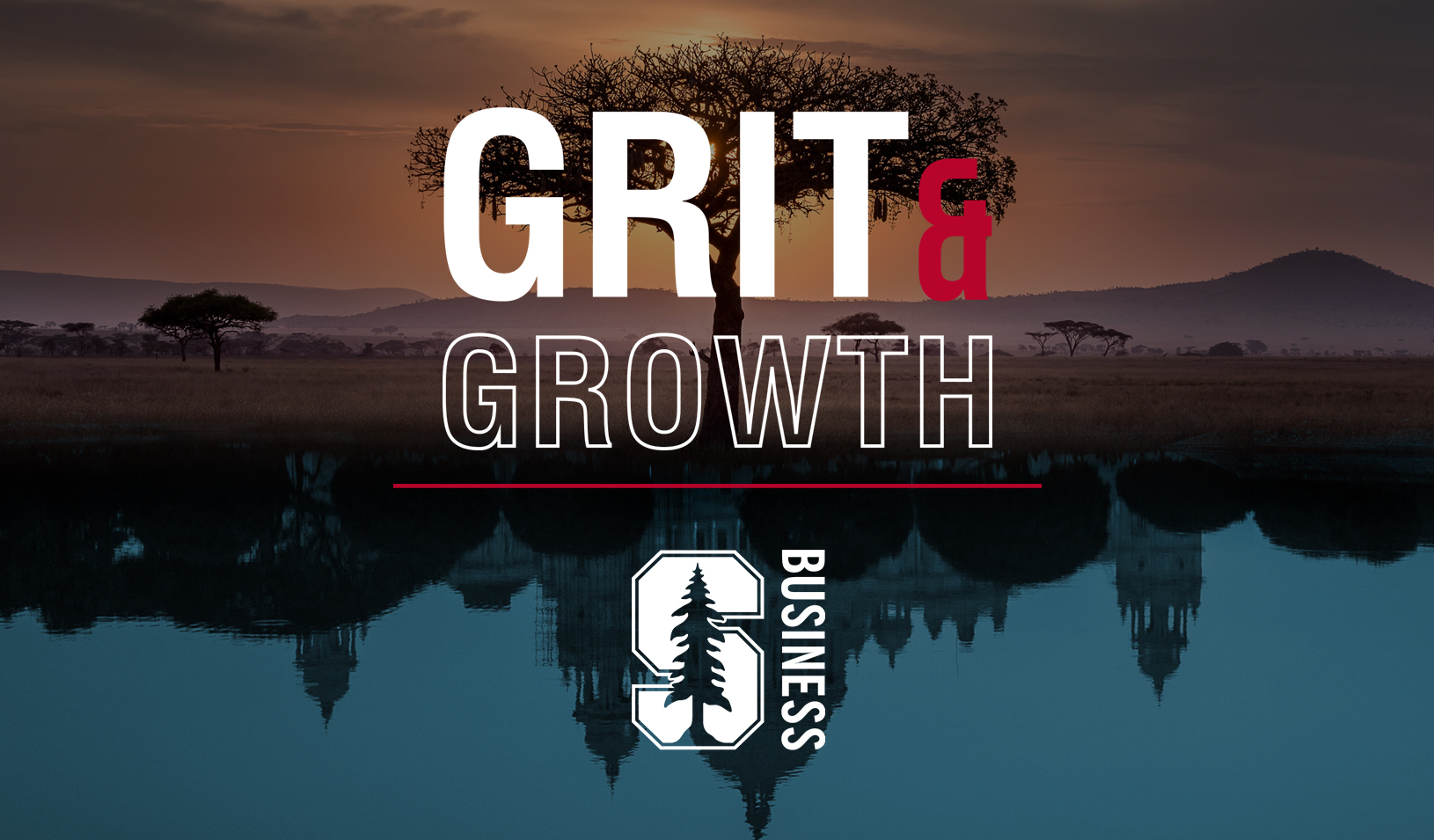Why the Most “Cultured” Among Us May Be the Most Resistant to Change
A professor finds that so-called cultural leaders aren’t leading at all.
May 27, 2016

Cultural omnivores might like French films and Thai food, but that doesn’t mean they’re open to change. | Illustration by Stefani Billings
Amir Goldberg discovered a funny thing about American culture on his way to researching the ever-elusive topic.
Poking big holes in long-held assertions, Goldberg and his colleagues at Stanford and Yale universities analyzed millions of Yelp and Netflix reviews to reveal that people considered the most culturally adventurous are actually the most resistant to experiences perceived as “crossing the line.”
That is, those dubbed “cultural omnivores” — because they eat Thai for lunch, play bocce ball after work, and stream a French film that night — are the very ones opposed to mixing it up. No hummus on their hot dogs, forget about spaghetti Westerns, and do not mention Switched-On Bach. Those offerings are not considered culturally authentic. They are a hodgepodge to which these folks would likely wrinkle their collective noses — as they did in 1968 when Wendy (nee’ Walter) Carlos electrified J.S. Bach. Today’s cultural elites approve only if the experience is authentic, which means eating pigs’ feet at a Texas barbecue passes the test and slathering a taco with tahini does not.
“We find these people hate the most atypical offerings,” says Goldberg, an assistant professor of organizational behavior at Stanford Graduate School of Business. “They can pretend to be the most open, but it turns out they are not. By being multicultural, they are the most conservative and the most resistant to changes to the status quo.”
The findings run counter to previous research, which viewed omnivorousness as synonymous with openness. Instead, Goldberg, along with Michael T. Hannan, professor emeritus of organizational behavior at Stanford GSB and Balazs Kovacs of Yale University, write in their paper that “a taste for variety decreases one’s receptivity to cultural innovation.”
This analysis, Goldberg says, has powerful implications for industry by illustrating the challenges an entrepreneur faces when introducing innovation to the market — largely represented by the custodians of social order.
To develop their thesis, the team worked for two years surveying data combed from more than 3 million reviews of restaurants on Yelp and movies on Netflix to take the public’s pulse on what it eats, what it watches, what it likes, and what it hates. To make sense of the data, which Goldberg describes as “scattered and unstructured,” the team applied algorithms and noticed that films or food that crossed multiple categories were discounted, undervalued, and actually suffered a penalty for being perceived as “less pure,” precisely by the people who pride themselves in broad and varied tastes.
It was a “Eureka moment,” Goldberg recalls. Everything he thought he knew was suddenly turned on its head.
Goldberg is uniquely qualified to perform this research, having spent the early part of his career as an IT specialist in Israel and then earning his PhD in sociology at Princeton University. So he knows the cultural omnivore is a fairly recent invention. Until the 1960s, when baby boomers rebelled against the status quo, people were born into certain cultures — usually determined by ethnicity and class — and that’s largely where they stayed. But in a rejection of the social order, baby boomers began to experiment. It became hip to dabble in all kinds of cultures, as long as they were the real deal.
Today, a higher status accrues to those who are perceived as open to new experiences, and those who oppose experimentation are dismissed as narrow-minded monoculturists, or worse, rednecks, Goldberg notes. Therefore, the elites resist anything that undermines their identities as social and cultural leaders, and that means they are more likely to maintain boundaries.
But as the team’s research points out, there is a subset of consumers who are open to change. “For cultural novelty to have an impact and occasionally catalyze change, some agents must be tolerant to violations of category codes,” he says.
The trick is to find and cultivate them, as Steve Jobs did with the iPhone. Goldberg notes that when the iPhone was first introduced, it confused the public. What is it? A phone? A computer? Many saw the product and dismissed it, deciding phones are for personal communication and computers are for the office. The professor notes that it took Jobs and the cult-like following he fostered to change minds, change habits, and ultimately change the global culture.
But today’s entrepreneurs can leverage a tool that has become far more powerful and useful than in Jobs’ day: big data.
“We are on the cusp of an important moment,” Goldberg says. “We can study that most nebulous of subjects: the social science of culture. Now innovators can overcome the resistance of the cultural elite by harnessing data to their advantage and identifying those consumers who have the most openness to change.”
For media inquiries, visit the Newsroom.
Explore More

Customer Psychology: Why Don’t People Buy Your Stuff?

Marketing: Who Are Your Actual Customers?



